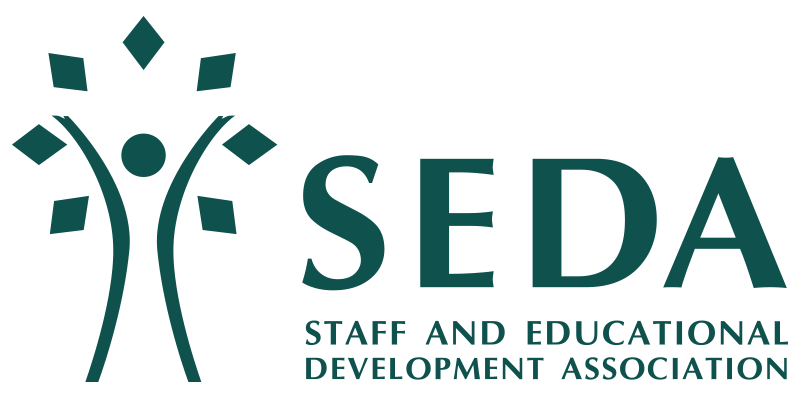‘Fostering Diversity & Inclusivity’
Wednesday 6th December, 12.00-2.00 with lunch, Regent Street UG04
You are invited to join us for the first Centre for Teaching Innovation seminar for 2017 – 18 featuring:
Onotologies for Inclusivity: Cool Curricula, Sidelining Shibboleths and Being a Bit Brave. Chris Kennett, WSMAD
UOW’s Learning Futures programme afforded us all the chance to improve every area of student experience, including curriculum design, flexibility of delivery/assessment, and inclusivity/equity of its T&L ethos; but in current literature, these areas are often discussed in isolation. I shall discuss our radical, root-and-branch LF-led curriculum redesign which attempts to build inclusivity and equity holistically into every part of the T&L, from course ontology to delivery and bespoke assessment strategies with no loss of rigour, consistency or transparency.
Inclusive Teaching – a route towards connected and innovative learning experience. Daniela de Silva, Disability Learning Support, Libraries and Curriculum Support
Hockings (2010) states that inclusive teaching engages students in learning that is meaningful, relevant and accessible to all, embracing a view of the individual and of individual difference as a source of diversity that can enrich the lives and the learning of others. Having a wider range of views and experiences in the classroom leads to a more critical understanding of a subject. As teachers, it challenges us to rethink what and how we teach and to widen the materials we include on any given subject.
Story-telling for social justice: Action research with the Alevi community and its impact on critical pedagogic practices. Celia Jenkins, SSH; Umit Cetin, SSH.
We have worked with the London Alevi community, a relatively invisible migrant community in London to address the negative identity of Alevi youth. Coming from Turkey, it is assumed that Alevis are Muslim and thus they felt marginalised at school. In telling their stories, they proposed Alevism be taught in RE lessons and we collaborated with them and schools to achieve this (Jenkins and Cetin, 2017). We explore story-telling as a potential model for innovative teaching for social inclusion, (Bell, 2010).
How to Book: Please request a space on this workshop by emailing staffdevelopment@westminster.ac.uk.
Latest posts by fishere (see all)
- PROFESSIONAL RECOGNITION AND ENHANCEMENT SCHEME FOR TEACHING (PRESTige) - October 21, 2020
- PRESTige Inductory workshops - September 8, 2020
- Learning & Teaching Symposium 2020 - April 24, 2020







Leave A Comment